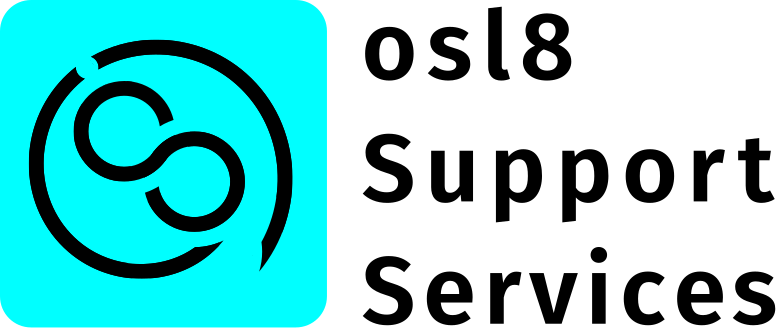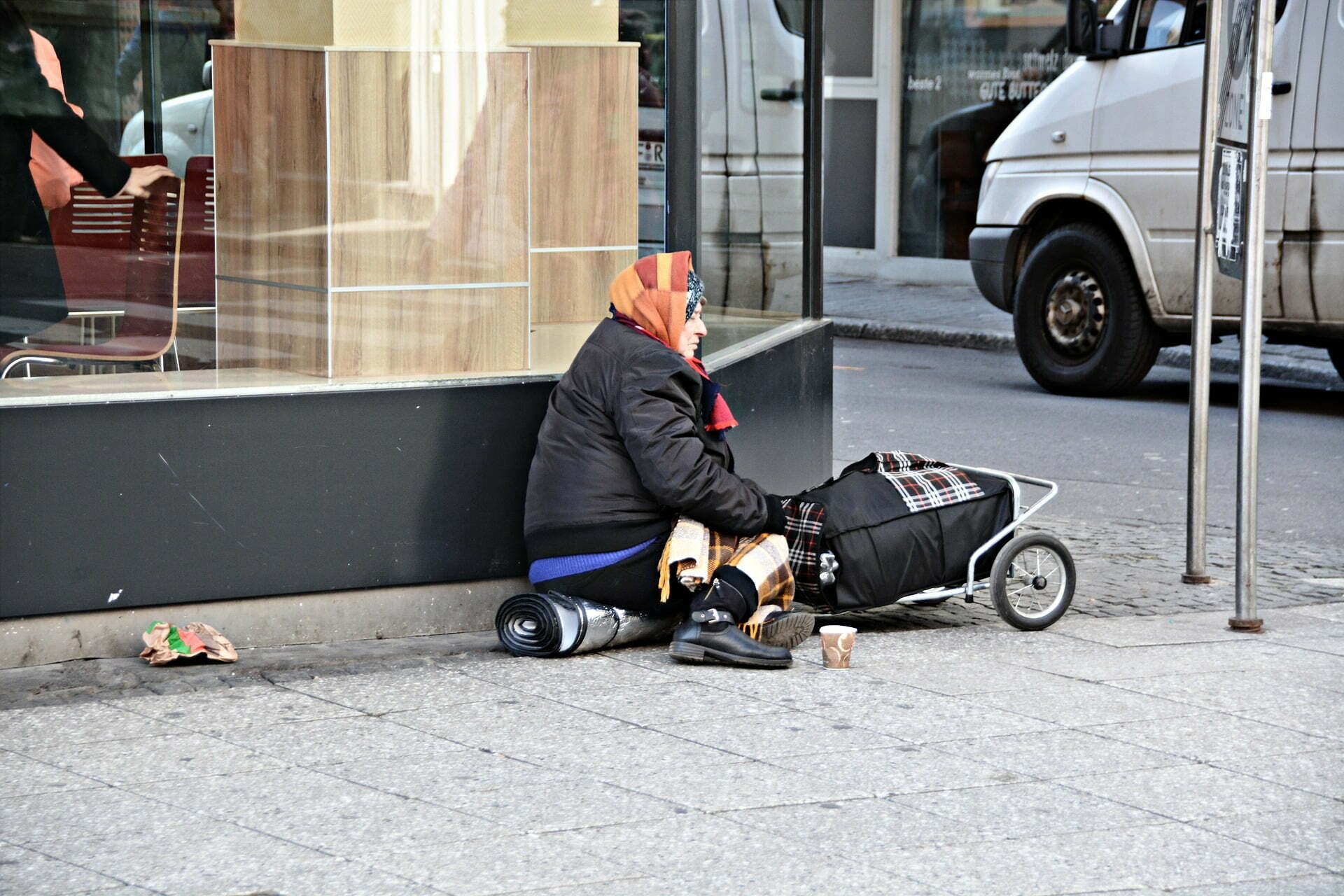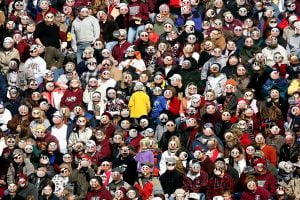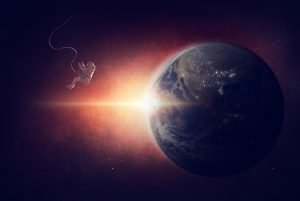Contentment is natural wealth, luxury is artificial poverty.
Socrates
I do not and have never considered myself a wealthy person in the way of money and property, but I have and do still benefit from privilege in many ways including those listed below:
- I am a heterosexual (more accurately: heteroromantic demisexual) cisgender male born in and living in the region of the world known as the “United States of America” (the USA)
- I may be considered “white” (though also I am considered Hispanic with some American Indian/Native—or Indigenous—American ancestry)
- I grew up with two parents (one technically is a step-parent) and supportive extended family (grandparents, aunts and uncles, etc.)
- I never have lived in total poverty nor have I experienced homelessness, hunger, or thirst due to lack of access to resources (financial or otherwise)
Some people might question whether all of the items listed above actually are privileges. A privilege is a condition that grants an advantage to one person or group over another person or group within a society. Privileges often are constructed by a society. Are hunger, thirst, poverty, and homelessness natural states of human existence? In times of drought or famine a real lack of water or food causes thirst or hunger, but today in industrialized countries like the USA tons of water and food are wasted regularly. Thanks to ingenuity and modern technology there rarely is a a real shortage of water, food, and housing in the USA. Thus, poverty and homelessness are man-made. Others have suggested that wealth is man-made. In any case, the disparity of poverty and wealth are not intrinsic to human existence—especially not in the present era of abundance.
If the conditions of poverty, homelessness, and thirst or hunger today are man-made, why do those conditions persist? Do people just not care enough to eliminate those conditions and ensure every human being is cared for? There could be some people who simply do not care (they might be labeled a “sociopath” or something similar), but the majority of people focus primarily on themselves, their families, and perhaps one or a few communities they consider themselves members of. To put it another way, the scope of many peoples’ concerns are narrowly focused on the people and things that more directly effect them. Most people also give less consideration to anything that may not have immediate or direct effects on them. There are exceptions to this tendency. Many people vote on laws and political policies that might not directly effect them. People are not wrong or bad for focusing more on some things and less on other things. I have occupied many moments of my life with concerns about myself without much consideration even for family or communities with which I associate. Who am I to condemn others for doing the same? I do not judge people for their thoughts or actions nor do I desire to control them, but I do believe it is possible to expand our circle of compassion to include all beings—human, animal, and otherwise.
While many people are simply occupied with living life, other people live incredibly privileged and perhaps even decadent lives. Many such people misconceive poverty. People do not easily understand things with which they have no experience. People who have neither been poor nor have ever related to poor people often have little understanding of poverty. The issues of poverty and homelessness are related but not synonymous. A person can be poor but not homeless, but if someone is homeless they’re almost certainly poor. I would not say that I grew up dirt poor, but my family wasn’t quite middle class either. It would be more accurate to say I grew up in a working class family. As such I definitely do not fully understand homelessness, but I suspect I have a better grasp of it than most people who were “born with a silver spoon in mouth.” A lack of access to resources is detrimental to personal health, societal health, and environmental health. Not only that, but the poorest of people are most impacted by environmental challenges.
Why do I write about these issues now? I write these words from the comfort my home knowing there are people wandering the streets seeking shelter for the night. Despite the various privileges from which I benefit, at present I am not thriving financially because I am at the beginning of an independent business venture of sorts and at present I am not working a traditional job. Instead I am giving most of my time and energy to engaging with friends, family, and local community members in addition to various educational and work opportunites. A month ago I helped with the Women’s March for Southern Colorado and more recently I volunteered to help with the recent local Unsheltered Point in Time (PIT) Count.
Between the hours of 2 AM and 8 AM on January 30, 2019, approximately 70 volunteers of many backgrounds and ages volunteered to help count unsheltered people. My partner and I both helped that morning before 6 AM (we had promised to help with other tasks elsewhere after that). That night the temperature outside dropped below freezing. It was very uncomfortable and a bit frightening to be out and about searching for unsheltered individuals. That was not the coldest it ever has been in Colorado, but other parts of the country recently have seen extreme cold temperatures that killed people. I have camped outdoors before, but I never have camped in freezing temperatures. Moreover, I knew that once my camping trip was over I could return to a comfortable home with climate controls, potable running water, electricity, and other modern amenities that many people now enjoy. Most people lived much more primitively one hundred years ago, but at least then they had access to clean water, food, and shelter. All of this is not the case for many people today throughout the USA and beyond. Fortunately, the group we were with did not find any unsheltered people in the area we searched.
In most of the world today access to a lot of what humans need to survive is tightly controlled by the socioeconomic and political expectations, laws, and policies—concepts like property, water rights, and so on. In order to have a permanent shelter people must pay another person or entity to own, buy, or lease a piece of property. Costs involved in keeping an abode include such things as mortgage or rent, insurance, and taxes. Running water, electricity, and other utilities and services usually are paid for with money, and so are food and transportation. Even education, health care, and entertainment commonly are paid for with money. Often money is referred to simply as a medium of exchange, but a result of the system called capitalism that most of us participate in is that some people benefit greatly while others suffer immensely.
Some people claim that capitalism is evil. Once upon a time I was one of those people. Today I agree with journalist and author Kajsa Ekis Ekman who stated, “Capitalism is production for profit in private hands…. Capitalism in itself isn’t good or bad. It doesn’t have a moral…. It doesn’t have a plan. It doesn’t have a responsibility.” While I agree that capitalism is not in itself evil, I disagree with the claim she made in her 2015 TED talk titled “Everybody talks about capitalism — but what is it?” that there was no crisis in the West between 1945 and 1973. There may not have been a major crisis in the financial system during that time frame, but there has been a major crisis of humanity since long before the Great Depression in the 1930s. As I write this the crisis exists still. The crisis is becoming more widely recognized by people across the world, but many people do not fully understand and cannot describe exactly what the crisis is, why it exists, or how to address it.
So what is the problem or the source of it if not capitalism or money? Some people claim that there isn’t a problem at all. Some people claim that greed is the problem, while others claim everything is simply a meritocracy and that if one wants wealth they must work hard for it. For the latter group it is simply human nature to be highly competitive, perhaps even to the point of violence—whether the violence is conspicuous or insidious—and for there to be winners and losers. In the short video below, Dr. Gabor Maté explains the truth about human nature. If wealth is simply a matter of working hard, why are there so many people working hard and still barely earning enough to pay their bills or not earning enough to pay all of their bills? Variables that determine income include education, working “smart” versus working “hard”, and the supposed market value and prestige of various types of work. Some groups of people attempt to demand pay equity via unions or by petitioning external government entities. History shows that government can be utilized either to help improve the lives of people or to make life more challenging for some people and easier for others. In that regard government is very similar to capitalism. The truth is that greed, poverty, and homelessness all are symptoms of the problem rather than causes of it.
Those who benefit the most from capitalism are the most competitive. Generally wealthy people believe they deserve all the wealth and influence or power it affords them and that those without do not deserve it. However, many of the wealthiest people with the most assets and power are not fully satisfied with what they have. If they were satisfied, why would they continue to desire and accumulate more? According to Dr. Maté in his 2012 TED talk titled “The Power of Addiction and The Addiction of Power“, people are not only addicted to substances like drugs and alcohol, but many people are addicted to behaviors like having sex, gambling, eating, working, or accumulating wealth and power. The source of addiction is not simply the substance or behavior to which a person becomes addicted. People are susceptible to addiction because of trauma, pain, and suffering. Therein lies the source of all inequity. Many people cope with trauma, pain, and suffering by self-medicating or self-soothing with alcohol or drugs, compulsive eating, or engaging in any one or more obsessive and limiting behaviors. Some people are well-balanced and do not have harmful addictions or habitual behaviors, but even those people usually have intentional habits or rituals that keep them centered and help them live happy and healthy lives.
This brings to mind another question: Are either poor or wealthy people more or less unhappy and unhealthy than the other? I do not know of any evidence that suggests the amount of stuff someone has directly correlates to their happiness, but some of the happiest and healthiest of people do not have much property and some of the most unhappy people are very wealthy. Entrepreneur and angel investor Tim Ferriss said, “If you can’t be happy with what you have in the present, then you can never be happy.” I am not suggesting that everyone should just be happy with whatever they’ve got and never strive for progress, nor am I saying that it’s wrong to be poor or wrong to be wealthy. It seems obvious that everyone’s life is distinctly different, but what we think about those differences are judgements. I have experienced pain and suffering, but I neither claim that my experiences are of greater or lesser value than anyone else’s nor do I think others’ experiences are more or less valuable than mine. Everybody’s experiences are simply different.
I may not have a lot of money or assets to my name in this moment, but I am the happiest I ever have been in my life. I am happy despite the fact that there are many unsheltered people and people suffering in so many ways around the world. Among other things happiness and health require a balance of clean water, food, air, shelter, exercise, and connection with oneself, other people, and even other beings (animals, plants, etc.). I know the story of my life more intimately than anyone else (except perhaps God, if such an entity exists). That is true for pretty much everybody. I’ve never been completely homeless nor have I ever been completely financially broke either. I neither fully understand the experiences of homeless people nor do I fully understand the experience of people who desire tremendous wealth and power. Therefore, it is not my place to judge people for their circumstance or disposition. What feels appropriate to me is treating all people—poor, rich, or whatever—with dignity and respect. I intend to honor everyone for whatever gifts they bring to this world and recognize and appreciate everyone’s uniqueness.
Each person has unique life experiences and opportunities, but there also is a collective story of humanity. The collective story is a convergence of everyone’s individual stories. The privileges that I listed at the beginning are part of my story. Some people benefit from some or all of those privileges, different privileges, or perhaps even no privileges. If we only connect with people who are similar to us then we have a very limited life, but when we connect with people who are different from us our life becomes richer regardless of the types or quantities of assets we possess. Just as a healthy ecosystem is active and diverse, our lives are healthier with varied relationships. For a long time I didn’t feel at home in this world or even in my own skin, and I thought poorly of myself and of humanity. Today I feel much more at home in my skin and in the world and I have much more hope or even faith (even if it’s just a fool’s hope or faith) for both myself and humanity. Today I consider life more than just an opportunity to observe and judge; life is an opportunity to participate and love.
I not only believe that the world can be more beautiful; I choose to help make it so. But I do not need to force the world to be more beautiful. Force would make the world less beautiful because freedom is an element of beauty and force prevents people from being fully free. Instead I need to be the change I wish to see (as Gandhi said), connect with people (whether we agree or not), and invite people to join in sharing the beauty that life has to offer. We exist in our current life for a blip in time and then we move on. Every point in time counts, but nobody can keep any moment for themselves. Will you join me and share in as much joy as we can while we can?





